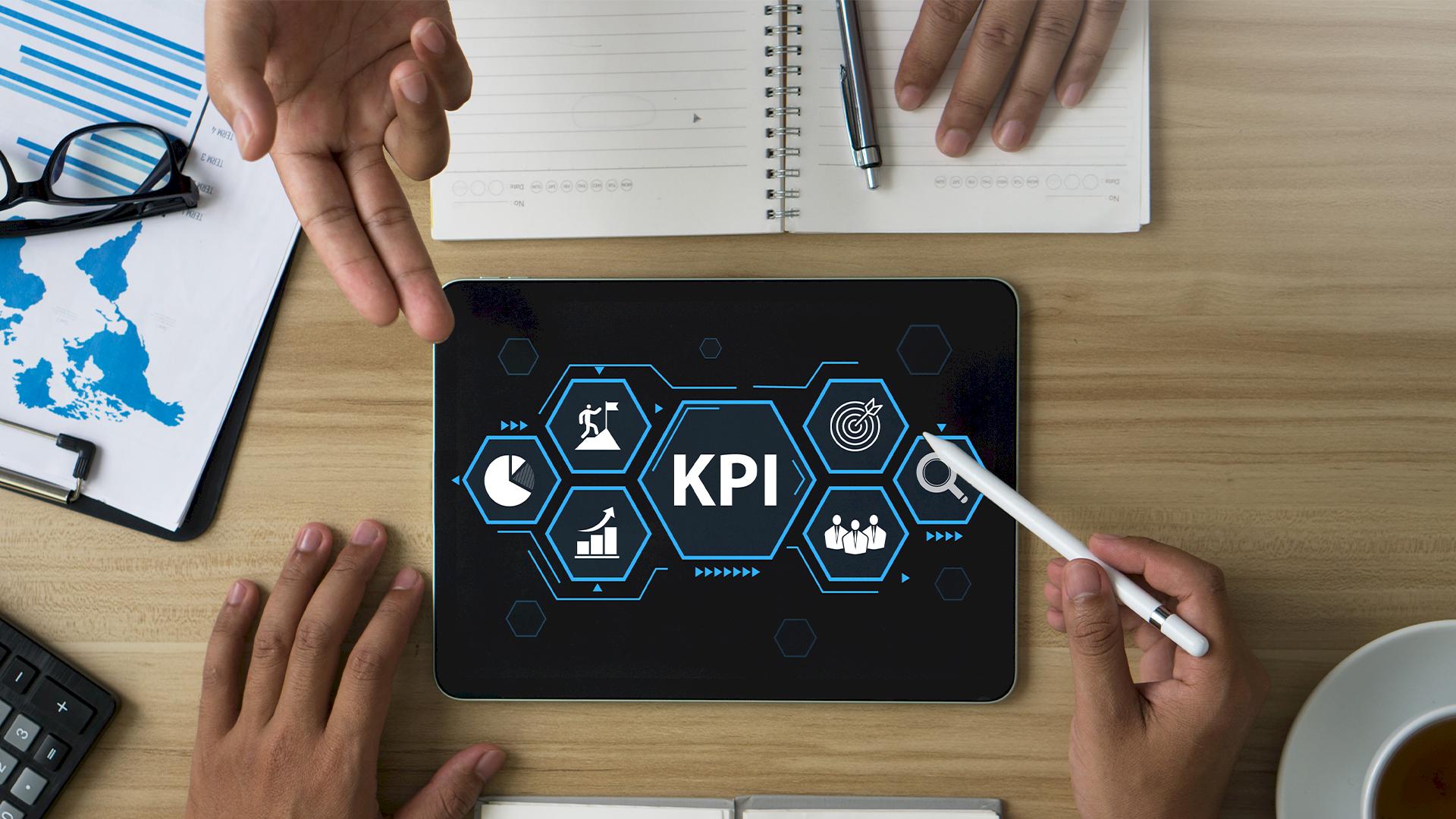
Master your metrics: Essential KPIs every property manager should be tracking and reporting
KPIs are quantifiable measurements used to evaluate the success of an organization or of a particular activity in which it engages. In the context of property management, KPIs provide an overview of the property or portfolio's performance, offering insights that can guide decision-making and strategy development.
KPIs: The backbone of strategic decision-making
For property managers, monitoring and reporting KPIs can provide valuable insights into operational efficiency, financial performance, tenant satisfaction, and more. Understanding these metrics can help identify areas of strength and potential improvement, making them an indispensable tool in the property manager's arsenal.
One of the most fundamental KPIs in property management is the occupancy rate. This metric provides an overview of how many units are rented out at a given time, compared to the total number of units available. A high occupancy rate typically indicates strong demand and effective marketing, while a low rate may suggest issues with pricing, property quality, or tenant retention.
Financial metrics are equally crucial for property managers. Key financial KPIs include rental income, net operating income (NOI), and return on investment (ROI). Tracking these metrics can help property managers understand the financial health of their properties, informing decisions about rent adjustments, property improvements, or investment opportunities.
Another critical area for property managers to monitor is tenant satisfaction. KPIs such as tenant turnover rate and the average length of tenancy can provide insights into tenant satisfaction and retention. High tenant turnover or short tenancy durations could signal dissatisfaction, prompting property managers to investigate potential issues and implement solutions.
Maintenance and repair metrics are another important set of KPIs. Metrics such as the number of maintenance requests, the average time to complete repairs, and maintenance costs can provide insights into the property's condition and the efficiency of maintenance operations.
Leveraging KPIs for enhanced reporting
While tracking KPIs is crucial, effectively reporting these metrics is equally important. Regularly reporting KPIs to stakeholders - whether they be property owners, investors, or senior management - can provide transparency, demonstrate performance, and build trust.
However, the key to effective KPI reporting is not merely to inundate stakeholders with numbers but to present them in a meaningful, digestible format. This involves distilling complex data into key insights and explaining what these metrics mean for the property's performance.
For instance, rather than merely reporting the occupancy rate, property managers could provide context by comparing it to industry averages or historical trends. Similarly, when reporting financial metrics, it's useful to highlight key drivers behind changes in income or costs, whether they be market trends, operational improvements, or specific incidents.
Moreover, in presenting KPIs, it's essential to cater to the specific interests and needs of different stakeholders. For instance, property owners might be most interested in financial metrics, while a maintenance team might value data on repair times and costs. By customizing reports to each audience, property managers can ensure that their reporting is relevant and valuable.
Leveraging technology for KPI tracking and reporting
In today's digital age, property managers have a range of tools at their disposal to assist with KPI tracking and reporting. Property management software (like sigtree.com) can automatically collect and analyze data, providing real-time insights into key metrics. These tools can also generate customized reports, making it easier for property managers to share insights with stakeholders.
However, while technology can significantly streamline KPI tracking and reporting, it's important to remember that these tools are only as effective as the strategy behind them. It's essential for property managers to define their key metrics based on their specific goals and challenges. Not all properties are alike, and the KPIs for a residential apartment complex might differ from those of a commercial office building. By identifying the most relevant metrics and focusing on these, property managers can avoid getting lost in data and ensure their efforts are strategically aligned.
Mastering your metrics: The path to success
In an increasingly competitive and data-driven landscape, mastering KPIs is not just a recommendation for property managers - it's a necessity. KPIs offer invaluable insights into property performance, tenant satisfaction, financial health, and more, making them a powerful tool for strategic decision-making.
Beyond tracking these metrics, property managers must also hone their skills in reporting KPIs. Effective reporting is about more than presenting numbers, it's about telling a story with data, providing context, and highlighting insights that guide decision-making.
Moreover, as technology continues to revolutionize property management, the ability to leverage digital tools for KPI tracking and reporting is becoming increasingly important. Property management software can provide real-time insights into key metrics, automate reporting, and free up property managers to focus on strategic initiatives.
While technology can be a powerful ally, the human element remains critical. It's the property manager's understanding of their properties, tenants, and markets that allows them to identify the most relevant KPIs and interpret the data in a meaningful way. This balance between data and intuition, between technology and human insight, is what truly enables property managers to master their metrics.